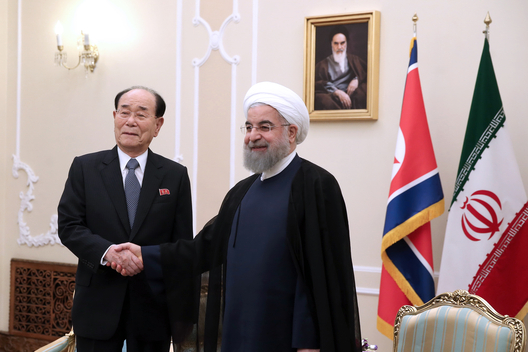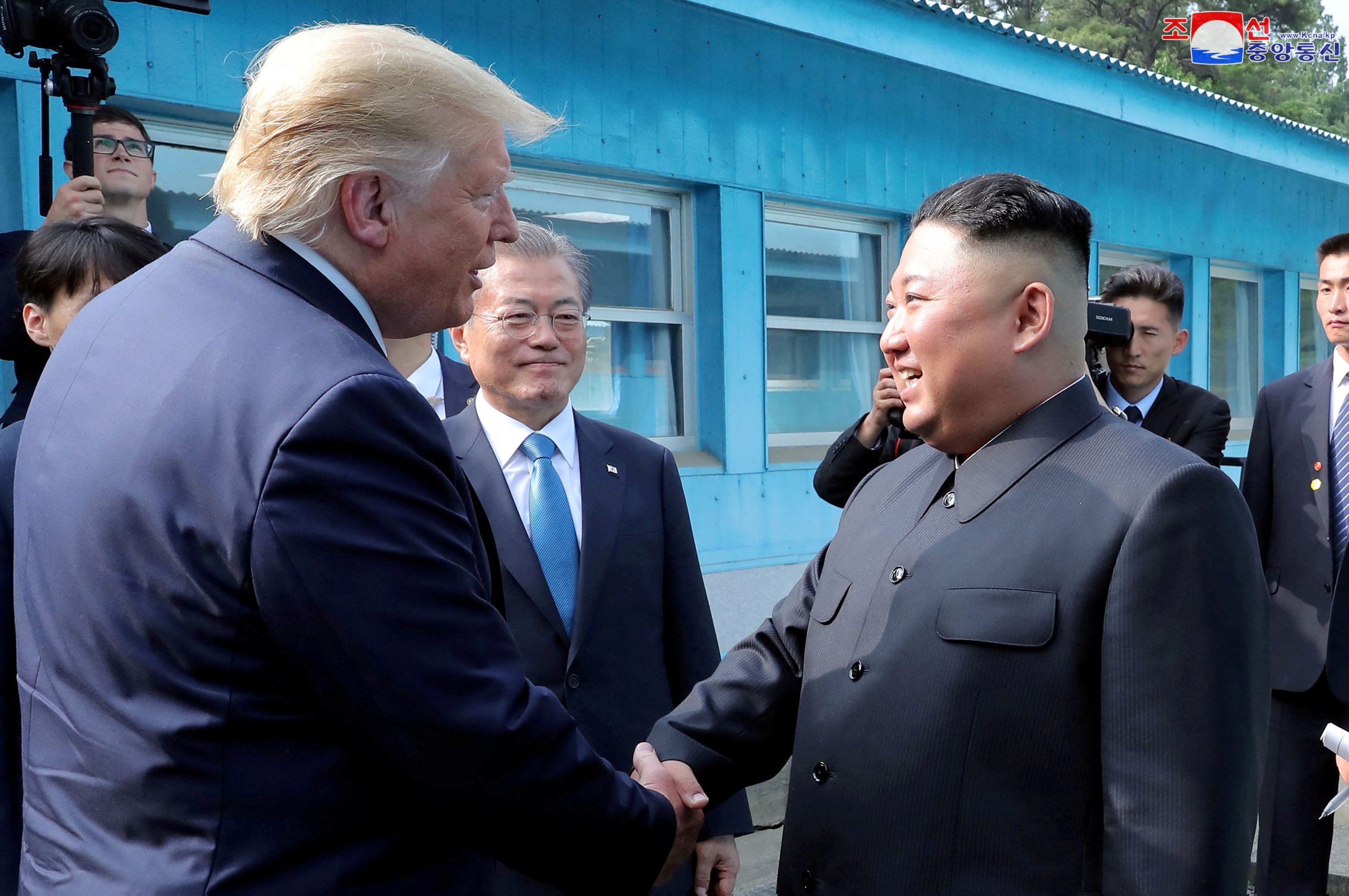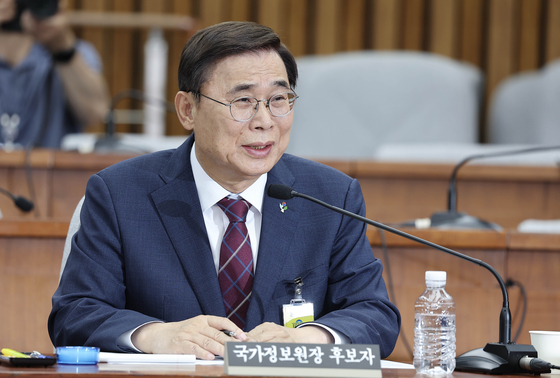The recent military clash between Israel and Iran has once again drawn global attention to the Middle East. To halt Iran’s nuclear development, the United States launched a strategic strike, deploying 30 Tomahawk missiles and GBU-57 bunker busters to precisely target key nuclear facilities in Fordow, Natanz, and Isfahan. This was not a mere act of retaliation, but a deliberate military action aimed at dismantling Iran’s nuclear capabilities. Yet, in the urgency of these developments, another nuclear threat is fading into the background: North Korea.

Iran and North Korea have followed parallel trajectories. Both nations have clashed with the United States for decades over their nuclear ambitions and remain under international sanctions. They each regard nuclear weapons as critical to regime survival. However, while Iran directly challenges U.S. influence in the Middle East, North Korea is a destabilizing force within the Indo-Pacific strategy.
Now, five months into Donald Trump’s second term, it is time to articulate a clear North Korea strategy. Pyongyang is likely scrutinizing the Israel-Iran conflict to refine its scenarios. The airstrikes against Iran, launched in response to defiance against U.S. pressure, offer a significant case study for North Korea. To avoid a similar fate, it may accelerate its nuclear development or bolster its preemptive strike and defense capabilities.

North Korea already possesses nuclear warheads, giving it stronger deterrence than Iran, and it has lowered its threshold for nuclear use. Frank Aum, former special assistant to the assistant secretary of defense for Asian and Pacific Security Affairs at the U.S. Department of Defense, noted that “North Korea has clearly stated it would launch nuclear weapons immediately and automatically if its leadership is threatened.” He added that the recent assassination of Iranian leaders likely deepened North Korea’s sense of caution.
Meanwhile, Pyongyang’s relationship with Moscow has grown increasingly close. Military cooperation and political alignment are intensifying, making it harder for the U.S. to exert pressure. Talks between Washington and Pyongyang have stalled, while tensions between the two countries continue to escalate. Commentator Gordon Chang recently stated in an interview that it is unlikely President Trump will return to the negotiating table with Kim Jong-un. In this context, the absence of a North Korea policy poses a dangerous strategic void.
South Korea’s internal political shifts also add complexity. President Lee Jae Myung recently appointed former Unification Minister Lee Jong-seok as Director of the National Intelligence Service and nominated Representative Ahn Gyu-baek as Minister of Defense. Given their records, Seoul may tilt more toward dialogue and engagement than hardline responses to North Korea.

Lee Jong-seok, who served as deputy director of the National Security Council and Unification Minister during the Roh Moo-hyun administration, spearheaded the removal of the term “main enemy” in reference to North Korea and is known for advocating reduced reliance on the U.S.-ROK alliance. In his recent confirmation hearing, he declined to call North Korea a “main enemy” and expressed support for revising the espionage law to narrow the definition of spying.
Representative Ahn Gyu-baek, a five-term lawmaker with extensive experience on the Defense Committee, is widely recognized as an expert on defense policy. If confirmed, he could play a significant role in improving military welfare, officer conditions, and weapons procurement. However, as a civilian appointee, concerns remain about his operational leadership during real-time military crises, including joint U.S.-ROK operations.
These appointments will inevitably influence South Korea’s North Korea policy and may strain U.S.-ROK coordination. President Trump must swiftly clarify his administration’s position on North Korea so that South Korea can align its security posture accordingly.
The Israel-Iran conflict does more than raise tensions in the Middle East—it sets a precedent that nations like North Korea are watching closely. Pyongyang does not view this as a distant issue, but rather as a potential roadmap for its future. That is why the United States now needs a comprehensive strategic vision that includes not only the Middle East but also Northeast Asia. North Korea policy is not a matter that can be postponed.
BY KYEONGJUN KIM [kim.kyeongjun1@koreadaily.com]
![New film ‘K-POPS!’ blends Anderson .Paak with cameos from K-pop stars (From left) Alex Cha, chairman of the Korean Festival Foundation; Johnny “Dumbfoundead” Park; Anderson .Paak; and PK Kim pose for reporters. [Sangjin Kim, The Korea Daily]](https://www.koreadailyus.com/wp-content/uploads/2026/02/0203-KPOPS-100x70.jpg)

![Thefts target Korean churches in LA, exploiting Sunday services A man believed to be the suspect. [Courtesy of Pastor Sam Shin]](https://www.koreadailyus.com/wp-content/uploads/2026/02/0203-thief-100x70.jpg)
![SSA to scrutinize overseas travel of Social Security beneficiarie An illustrative image of Social Security beneficiaries traveling abroad. [ChatGPT-generated image]](https://www.koreadailyus.com/wp-content/uploads/2026/02/0202-social-security-100x70.jpg)